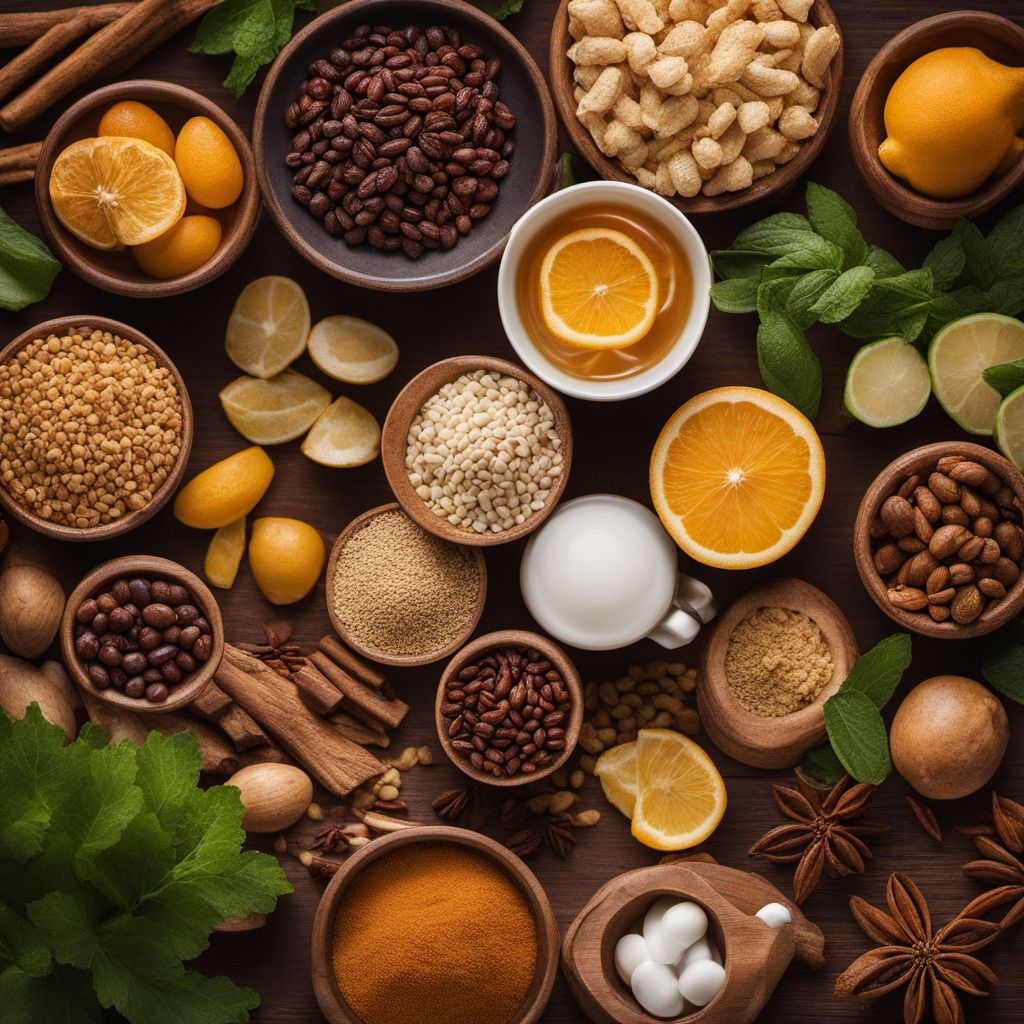
Ingredient
Ingredients for hot drinks and infusions
The Art of Crafting Warm and Invigorating Beverages
Hot drinks and infusions encompass a wide range of beverages that are prepared by steeping or simmering various ingredients in hot water. They can be made with herbs, spices, fruits, flowers, or even roots, each imparting its unique flavors, aromas, and health benefits. These beverages are known for their comforting warmth, soothing qualities, and ability to uplift the spirits. Whether it's a cup of chamomile tea before bed or a spicy ginger-infused concoction to ward off a cold, hot drinks and infusions offer a world of flavors and therapeutic properties.
Origins and history
The tradition of hot drinks and infusions dates back centuries and can be traced to different cultures around the world. Ancient civilizations such as the Chinese, Egyptians, and Greeks recognized the medicinal properties of herbs and spices and used them to create healing beverages. In China, the art of tea-making originated over 5,000 years ago and has since become an integral part of their culture. Similarly, Ayurveda, the traditional Indian system of medicine, emphasizes the use of herbal infusions for their therapeutic benefits. Over time, hot drinks and infusions have evolved and diversified, with each culture adding its own unique ingredients and techniques to create a wide array of beverages.
Nutritional information
Hot drinks and infusions are generally low in calories and can be a healthy alternative to sugary beverages. They often contain antioxidants, vitamins, and minerals, depending on the ingredients used.
Allergens
Hot drinks and infusions can contain allergens such as nuts, dairy, or gluten, depending on the specific ingredients used. It is important to check the ingredient list or consult with the manufacturer if you have any allergies or dietary restrictions.
How to select
When selecting ingredients for hot drinks and infusions, opt for high-quality, organic options whenever possible. Look for fresh herbs, spices, and fruits that are free from blemishes or signs of spoilage. For dried ingredients, ensure they are aromatic and have a vibrant color. If purchasing tea leaves, choose loose-leaf varieties for a more flavorful and customizable experience.
Storage recommendations
To maintain the freshness and quality of the ingredients, store herbs and spices in airtight containers away from direct sunlight and moisture. Dried ingredients should be kept in cool, dark places, while fresh ingredients should be refrigerated and used within a few days.
How to produce
Amateur enthusiasts can grow their own herbs, such as mint, chamomile, or lemon balm, in a sunny garden or even in pots indoors. Some spices, like ginger or cinnamon, can also be grown at home. Alternatively, you can source fresh ingredients from local farmers markets or specialty stores to create your own unique blends.
Preparation tips
To prepare hot drinks and infusions, start by heating water to the desired temperature. For delicate herbal teas, use water just below boiling point, while for stronger infusions or spiced beverages, a rolling boil may be required. Add the selected ingredients to a teapot, infuser, or directly into the water, and let them steep for the recommended time. Strain the liquid and serve hot. Experiment with different combinations of ingredients, steeping times, and sweeteners to create your perfect cup of warmth and flavor.
Culinary uses
Hot drinks and infusions are enjoyed on their own as comforting beverages or used as a base for other culinary creations. They can be incorporated into cocktails, used as flavorings in desserts, or even added to savory dishes for a unique twist.
Availability
Hot drinks and infusions are commonly available worldwide, with a wide variety of ingredients accessible in grocery stores, supermarkets, specialty tea shops, and online retailers.
More ingredients from this category
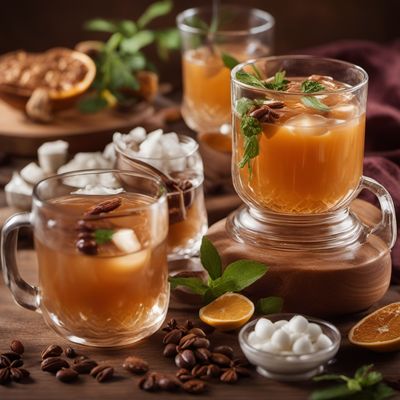
Hot drinks and infusions composite ingredients
The Art of Infusion: Crafting Flavorful Hot Beverages

Derivatives of coffee, cocoa, tea, herbal infusion materials and similar RPCs
The Essence of Infusions: Unveiling the World of Coffee, Cocoa, Tea, and Herbal Delights
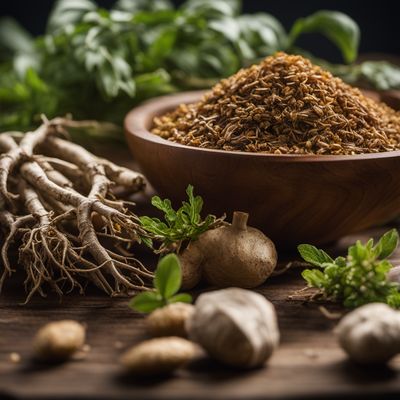
Roots used for herbal infusions
Nature's Healing Brew: Exploring the Power of Herbal Roots
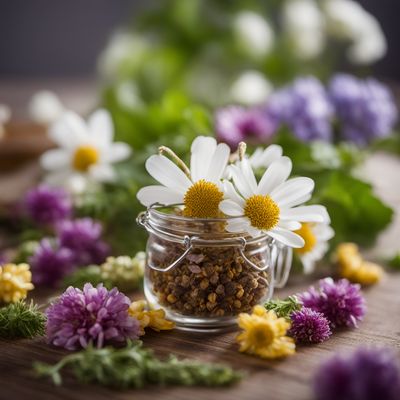
Flowers used for herbal infusions
Nature's Fragrant Brew
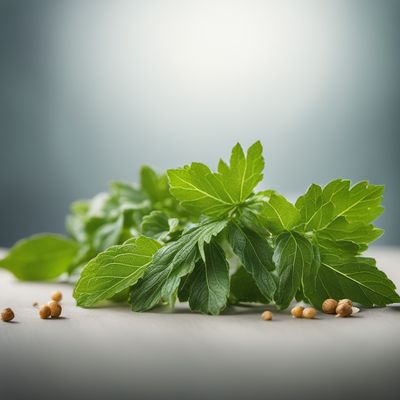
Leaves used for infusions or hot drinks
Aromatic Leaves for Soothing Infusions
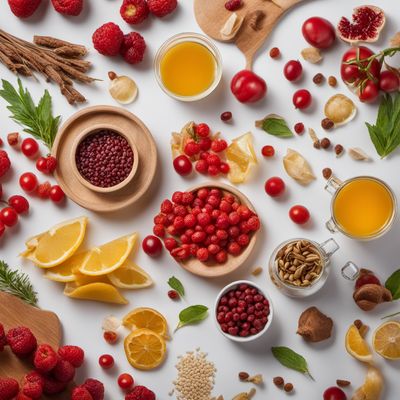
Materials for infusions or hot drinks of miscellaneous origin
Sip and Savor: Exploring the Global Delights of Infusions and Hot Drinks

Seeds (coffee, cocoa and similar) used for infusions or hot drinks
Aromatic Infusions
Recipes using Ingredients for hot drinks and infusions » Browse all

Norwegian-inspired Pizza Delight
Nordic Fusion Pizza: A Scrumptious Twist on Tradition

Hishi Mochi with a Twist
Sakura Delight: A Modern Twist on Hishi Mochi

Kaiseki Delight
Harmony on a Plate: A Journey through Japanese Kaiseki Cuisine
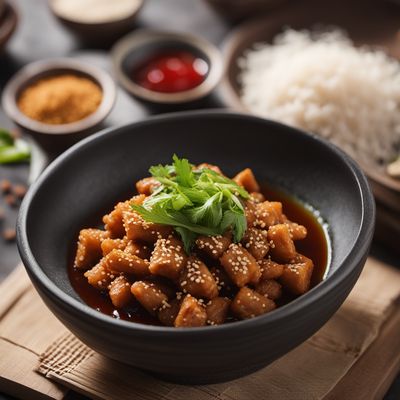
Homemade Zhaliang with Sesame Sauce
Savory Rice Noodle Rolls with Irresistible Sesame Sauce

Soulful Margherita Pizza
Soulful Margherita Pizza: A Southern Twist on an Italian Classic
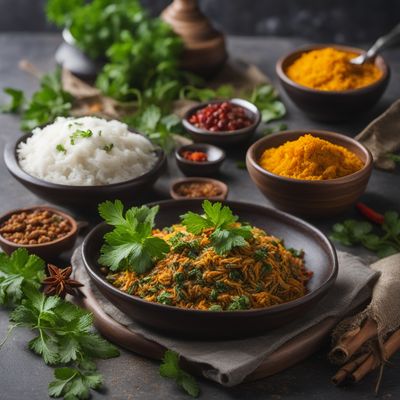
Iranian-style Nasi Tumpang
Saffron-infused Rice Layers with Spiced Lamb and Yogurt Sauce

Rigó Jancsi Fast Food Delight
Hungarian Chocolate Sponge Cake with a Fast Food Twist

Kibi Dango with Matcha Glaze
Matcha-infused Kibi Dango: A Delicate Japanese Sweet Treat
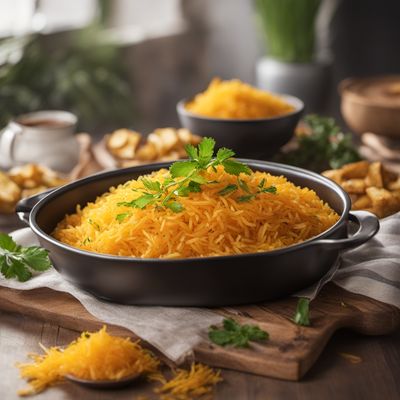
Tahdig with Saffron Rice and Crispy Potatoes
Golden Delight: Saffron Rice and Crispy Potatoes Tahdig
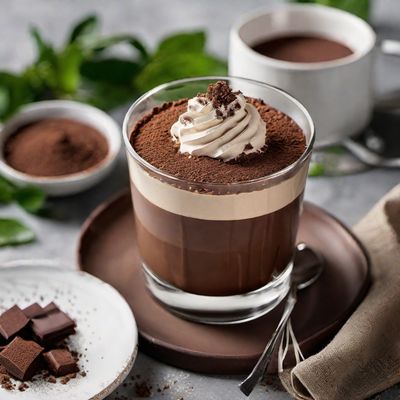
New Mexican Tiramisù
Spicy Chocolate Tiramisù with a Kick of Green Chile
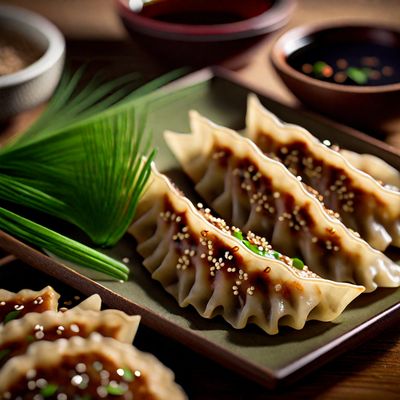
Chinese-style Gyoza
Savory Chinese Dumplings: A Twist on Gyoza

Bengali-style Mishti Doi Mousse
Indulgent Mishti Doi Mousse: A Bengali Twist on a Classic Dessert